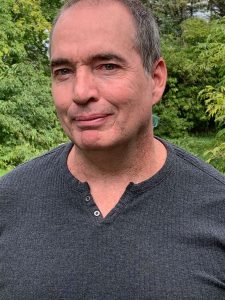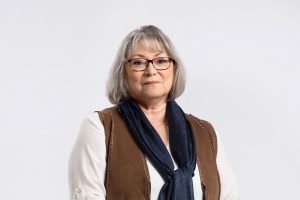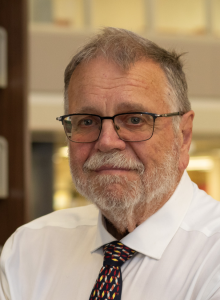The John Wesley Dafoe Foundation is pleased to introduce the jurors for 2024 J.W. Dafoe Book Prize!
This year, Dale Barbour, Catherine Cook, and Gregory Mason will be selecting a longlist, shortlist, and winner, to celebrate forty years of the prize.
A ten-book longlist and five-book shortlist will be announced in the coming weeks, with the winner announced June 10. We are looking forward to celebrating these worthy titles!
 In the meantime, here’s more about our jurors!
In the meantime, here’s more about our jurors!
Dale Barbour grew up on a farm in Manitoba and worked in journalism and communications before getting hooked on history. He completed his PhD in history at the University of Toronto in 2018 and was the University of Winnipeg’s 2021 H. Sanford Riley Postdoctoral Fellow. Barbour’s scholarship pulls together gender, leisure, urban, and environmental history approaches to examine how people find and create recreation spaces. He is the author of two books: Winnipeg Beach: Leisure and Courtship in a Resort Town, 1900-1967, (University of Manitoba Press, 2011) and Undressed Toronto: From the Swimming Hole to Sunnyside, How a City Learned to Love the Beach, 1850–1935 (UMP, 2021).
*

After more than 30 years with the University of Manitoba, Vice-President (Indigenous) Catherine Cook, MD, MSc, CCFP, FCFP retired in early 2024. As an advocate for Indigenous peoples’ health, Cook served as Vice-President of Population and Public Health at the Winnipeg Regional Health Organization (WRHA), provincial lead of Indigenous health at Shared Health Manitoba; as an associate professor of community health sciences; as vice-dean of Indigenous Health; and most recently as the inaugural vice-president (Indigenous) UM. One of the highlights of Cook’s career was the establishment of Ongomiizwin—Indigenous Institute of Health and Healing.

*
Specializing in economic policy, the basic annual income, health economics, and Indigenous economics, Gregory Mason joined the Department of Economics at the University of Manitoba in 1974 . He received his PhD in Economics, Management Science and City Planning from the University of British Columbia in 1975. From 1981 to 1986, Greg directed the Institute for Social and Economic Research, where he was responsible for over $2.5 million of research, including the Mincome Manitoba experimental data. Recently he has written on the economics of COVID, telemedicine, electronic health records, the modern annuity, and urban reserves.

